Groundbreaking Research
The Institute of Reproductive Grief Care is advancing mental health care for those affected by pregnancy loss. Through the development of our evidence-based Reproductive Grief Screening Tool, RGCare5 and ongoing studies, we aim to reshape how healthcare professionals identify and support individuals experiencing reproductive grief.
Transforming Mental Health Care After Pregnancy Loss
The Reality
RGCare5 is a five-question tool designed to detect complicated grief reactions after pregnancy loss. The multi-phase project to validate the tool began in 2022 and is currently in Phase 4 of 5.
In time, this tool will empower medical teams to identify patients in need and connect them with vital resources, fostering transformative change in how we address reproductive grief.
Our Research and Findings
We’ve conducted groundbreaking studies to validate and refine RGCare5:
April 2023: Peer-reviewed research led by Dr. Cara Buskmiller of Baylor College of Medicine Houston confirmed the tool’s efficacy.
December 2023: Patient preferences were explored by Drs. Maria Brann and Jennifer Bute of Indiana University - Indianapolis.
These studies are shaping policies, therapeutic interventions, and mental health systems to better support bereaved families.
Learn more:
Watch the latest updates
Jennifer J. Bute and Maria Brann provide an overview of their research exploring communication about reproductive grief, including their partnership with the Institute of Reproductive Grief Care. They will engage in conversations about barriers and opportunities in designing a standard of care for patients coping with reproductive loss.
The Screening Tool Working Group
The Reproductive Grief Screening Tool Working Group’s mission is to bridge the gap between healthcare providers, mental health professionals, and families, ensuring no one navigates reproductive grief alone.
Maria Brann, PhD, MPH
Dr. Maria Brann (PhD, University of Kentucky; MPH, West Virginia University) is a professor in the Department of Communication Studies Indiana University - Indianapolis. Dr. Brann explores the integration of health, interpersonal, and gender communication. Her translational focus and mixed methods approach are woven throughout her health vulnerabilities research, which advocates for more effective communication to improve people’s health. Her primary research interests focus on the study of women’s issues in health communication contexts and promotion of healthy lifestyle behaviors to improve personal and public health and safety.
Most notably, she seeks to understand the individual and societal communicative negotiations of birth and pregnancy loss, promotion of more empathic provider communication during bad news delivery, and persuasive public health messaging. Her work has been published in numerous refereed journals including Health Communication, Patient Education and Counseling, Journal of Social and Personal Relationships, and Qualitative Health Research and several scholarly books including Pregnancy Loss: A Narrative Collection, Gender in Applied Communication Contexts, and Casing the Family: Theoretical and Applied Approaches to Understanding Family Communication. Her teaching includes graduate and undergraduate communication courses in health, family and interpersonal relationships, nonverbal, and gender as well as the senior capstone and graduate orientation courses.
Dr. Cara Buskmiller, M.D., M.S.
Dr. Cara Buskmiller is a board certified OB/GYN and a fellow in fetal intervention in Houston Texas. Her research and clinical interests include the ethics of maternal-fetal and fetal-fetal vital conflicts, and grief in reproductive loss. She is an instructor in the Department of Obstetrics, Gynecology, and Reproductive Sciences at UT Health Houston McGovern Medical School and a founding board member of Conscience in Residency. Dr. Buskmiller is the lead researcher in this clinical trial to determine reliability and validity for a brief reproductive grief screening tool.
Jennifer J. Bute, Ph.D.
Dr. Jennifer J. Bute is a Professor of Communication Studies in the Department of Communication Studies at Indiana University - Indianapolis; Adjunct Faculty, Women’s, Gender, and Sexuality Studies, IU School of Liberal Arts; Translational Scholar, Indiana University - Indianapolis Center for Translating Research into Practice; and a former Senior Editor for the journal Health Communication. Dr. Bute’s research centers on communication about health in interpersonal relationships. Most of her work has explored issues of reproductive health, such as how people manage private information about topics like infertility and miscarriage.
Her research also examines public discourses about reproductive and sexual health and patient-provider communication about pregnancy loss. She has served on the advisory committee for the Personalized Medicine Coalition, where she offered expertise in health communication to develop a patient-centered research agenda. Her research has appeared in numerous edited books and journals, including Communication Monographs, Health Communication, Journal of Applied Communication Research, Patient Education and Counseling, Qualitative Health Research, and Social Science and Medicine. Her work has been funded by the National Communication Association, the Indiana State Department of Health, the Central States Communication Association, the Indiana University - Indianapolis School of Liberal Arts, and the Office of the Vice Chancellor for Research at Indiana University - Indianapolis. Dr. Bute teaches courses at the undergraduate and graduate level on topics including health communication, interpersonal communication, gender and communication, and qualitative research methods.
Dr. Michaelene Fredenburg
Dr. Michaelene Fredenburg, President and CEO of the Institute of Reproductive Grief Care®, is a global authority on reproductive grief care following reproductive loss. She has authored several books, including Changed: Making Sense of Your Own or a Loved One’s Abortion Experience and Hope After Loss, and has contributed to research published in peer-reviewed journals. With over 25 years as a nonprofit executive, and an Assistant Clinical Professor at Creighton University, Dr. Fredenburg has led the Institute in advancing compassionate care through education, accredited training programs, and impactful research, establishing global standards for addressing reproductive grief. She was named San Diego Magazine’s Empowering Women Pioneer of the Year 2024.
Based in San Diego, Michaelene enjoys ballet, the beach, reading, and time with her family.
Dr. Glorisel González Viera, MD
Glorisel González Viera, MD is an Assistant Professor and Reproductive Psychiatrist at The Women’s Place at Texas Children’s Hospital Pavilion for Women. She earned her medical degree and completed a residency in Psychiatry, where she served as Chief Resident, at Ponce Health Sciences University in Puerto Rico. During her Psychiatry residency program, she received the Department of Veteran’s Affairs Certificate of Pride in Public Service for her service to the Veteran population on her island during Hurricanes Irma and Maria in 2017. She also completed specialized training in Post Traumatic Stress Disorder and Prolonged Exposure Therapy.
She was also recognized for her excellence as a clinician during her medical training and Psychiatry residency training. She then completed a Sleep Medicine Fellowship at VA Caribbean Healthcare System before moving to Houston to complete a Women’s Mental Health Fellowship at Baylor College of Medicine. She has received additional training from the Interpersonal Psychotherapy Institute for Interpersonal Psychotherapy in Perinatal Patients. In addition, she has completed training through the Touchstone Institute in Pregnancy Loss and Newborn Death for Psychotherapists and, most recently, completed a certificate in Prolonged Grief Disorder Therapy by The Center for Prolonged Grief. Her hopes are to continue working on educating colleagues and the general public on the topic of reproductive grief while providing her patients a place to feel safe and heard.
Rebecca Mattson, Ph.D, R.N, PHN
Dr. Rebecca Mattson, Assistant Professor of Nursing at San Diego State University, specializes in reproductive health and social determinants of health. She earned her BSN from the Franciscan University of Steubenville, an MSN from California State University, Dominguez Hills, and a PhD in Nursing from the University of San Diego. Dr. Mattson's research spans multidisciplinary areas, including investigating the "Feasibility of Telehealth and Innovative Technologies to Limit Excessive Gestational Weight Gain," co-authored with M.K. Barger and published in Nursing for Women's Health in 2024. Currently, Dr. Mattson is collaborating with the the Institute of Reproductive Grief Care on a reproductive grief screening tool, psychosocial care for pregnancy loss in emergency departments, and social determinants of health and psychological care in primary care. Dr. Mattson's visionary efforts exemplify her commitment to pioneering transformative healthcare practices and revolutionizing the landscape of patient care through innovative approaches.
Angelica Quezada, LCSW, Certified Instructor - Institute of Reproductive Grief Care
Angelica Quezada is Bilingual (English/Spanish) Licensed Clinical Social Worker, Perinatal Mental Health Certified, and Parental Leave Coach in California with a Master’s Degree in Social Work from the University of Southern California. She has experience working in hospice, hospitals, nonprofit organizations and private practice settings. Serving on the boards of Postpartum Health Alliance and Pregnancy After Loss Support, Angelica focuses on advocacy for awareness of Perinatal Mood and Anxiety Disorders and offers support for women navigating pregnancy after loss. Additionally, she provides guidance to clinical providers as the facilitator of a peer clinical consultation group in Spanish for Postpartum Support International, offering expertise and support to mental health professionals across North, Central, and South America. Angelica's multifaceted work highlights her dedication to improving maternal and perinatal mental health and advancing clinical best practices.
Dr. Jerica Wesley, PhD, LPC, ALPS
Dr. Jerica Wesley is a researcher and a Licensed Professional Counselor in West Virginia who has provided services to youth and adults as a school counselor and community mental health provider. Dr. Wesley received professional training at Marshall University and Ohio University where she earned her doctorate in Counselor Education and Supervision. She currently is an Assistant Professor at Marshall University, where she teaches in the graduate counseling program. She is passionate in identifying and taking actions towards closing disparities in care for Black African American women.
Dr. Wesley was one of the Institute’s presenters in the 2024 Institute symposium presenting on: Supporting the Full Spectrum of Motherhood: Exploring Reproductive Grief in African American Women.
Contact Us
Together, we can transform the mental health care landscape for individuals experiencing reproductive loss. Thank you for supporting this critical work.
For inquiries, contact
Cara Buskmiller, MD MS
Clinical Instructor,
Division of Fetal Medicine















